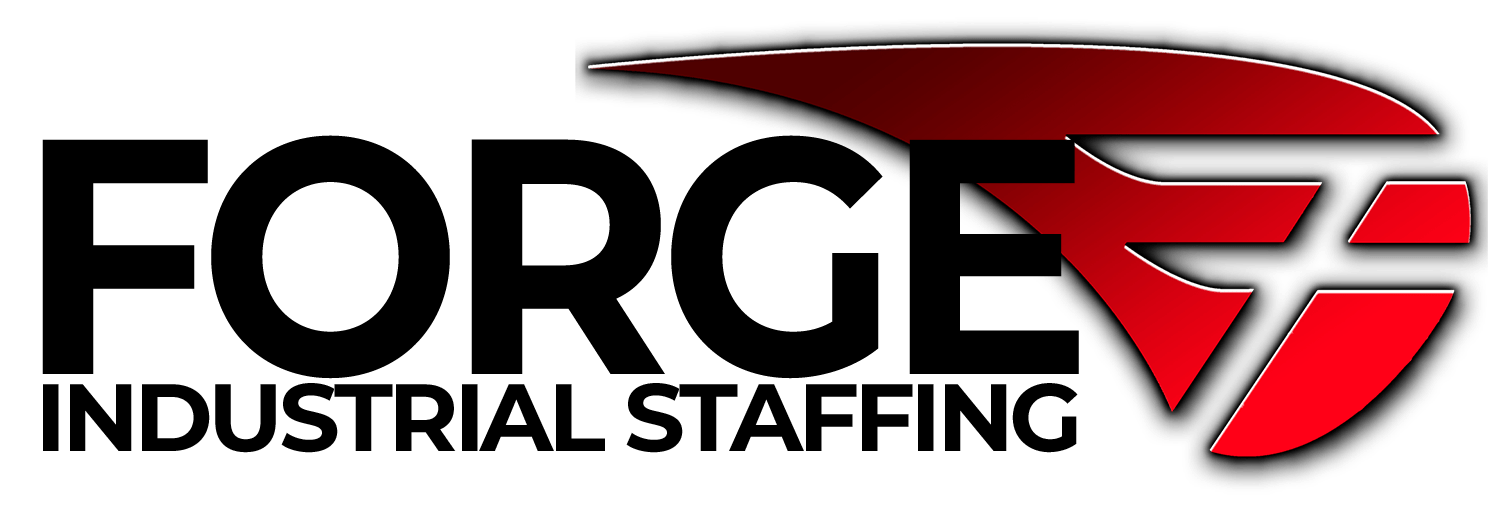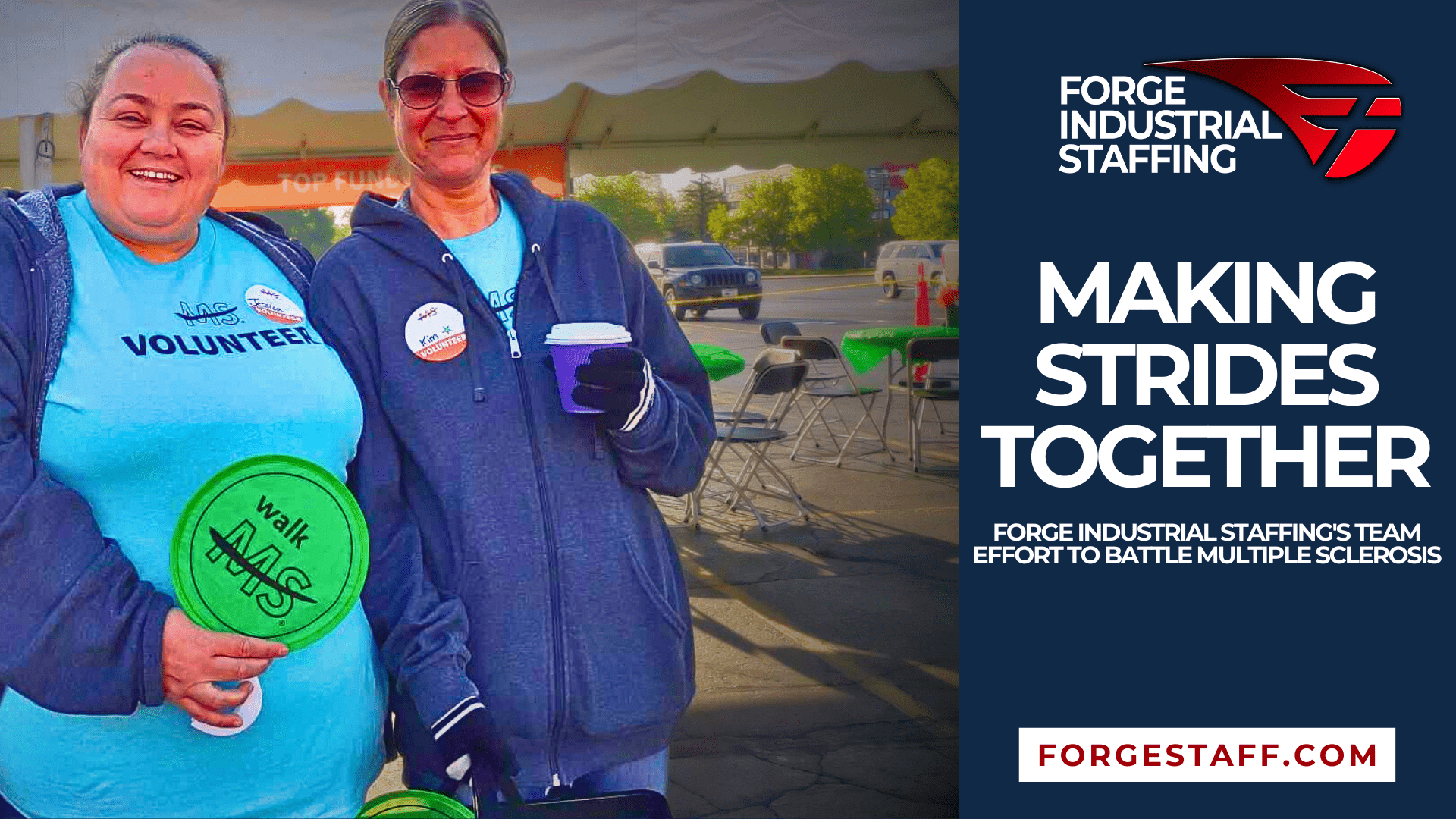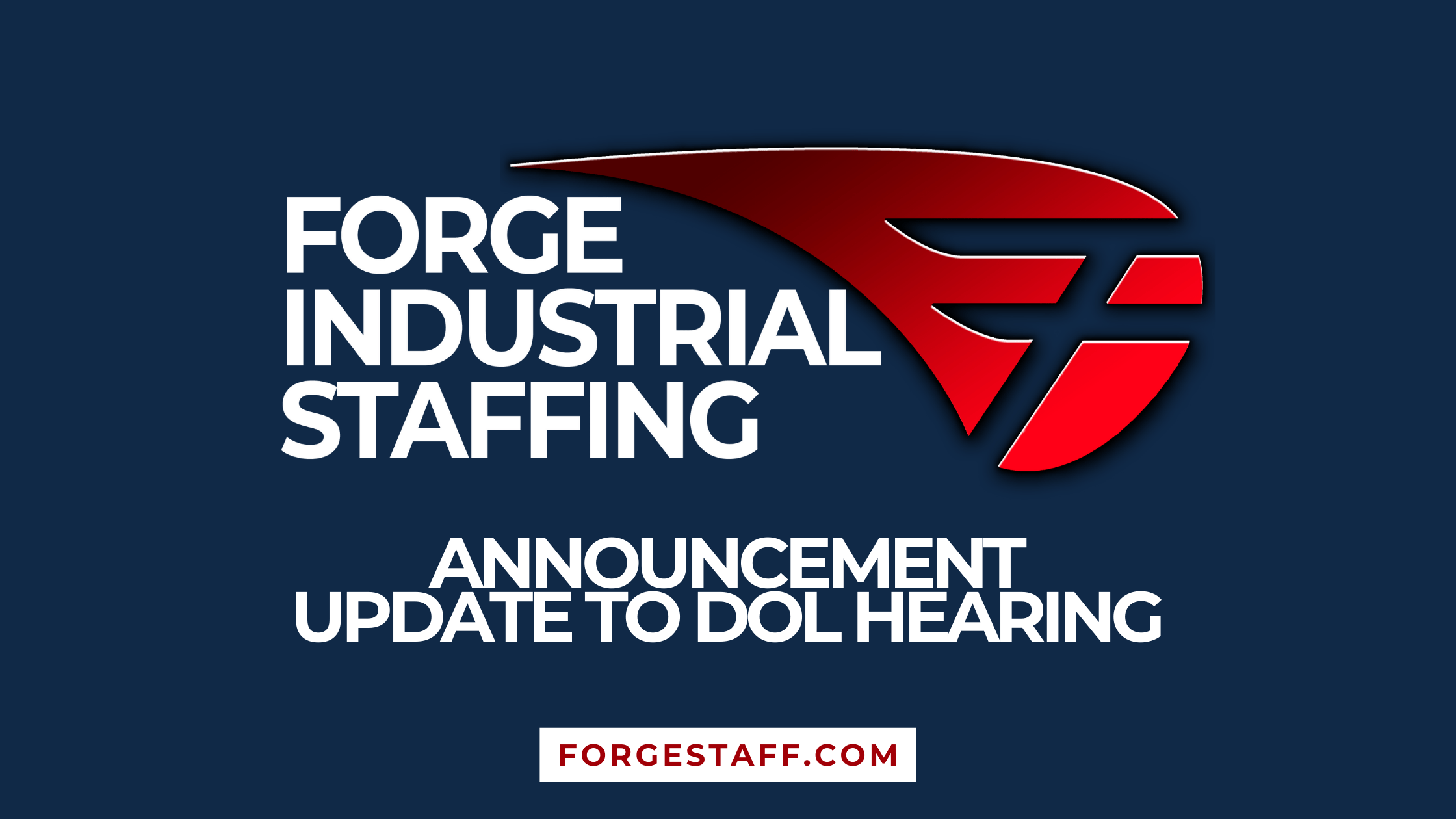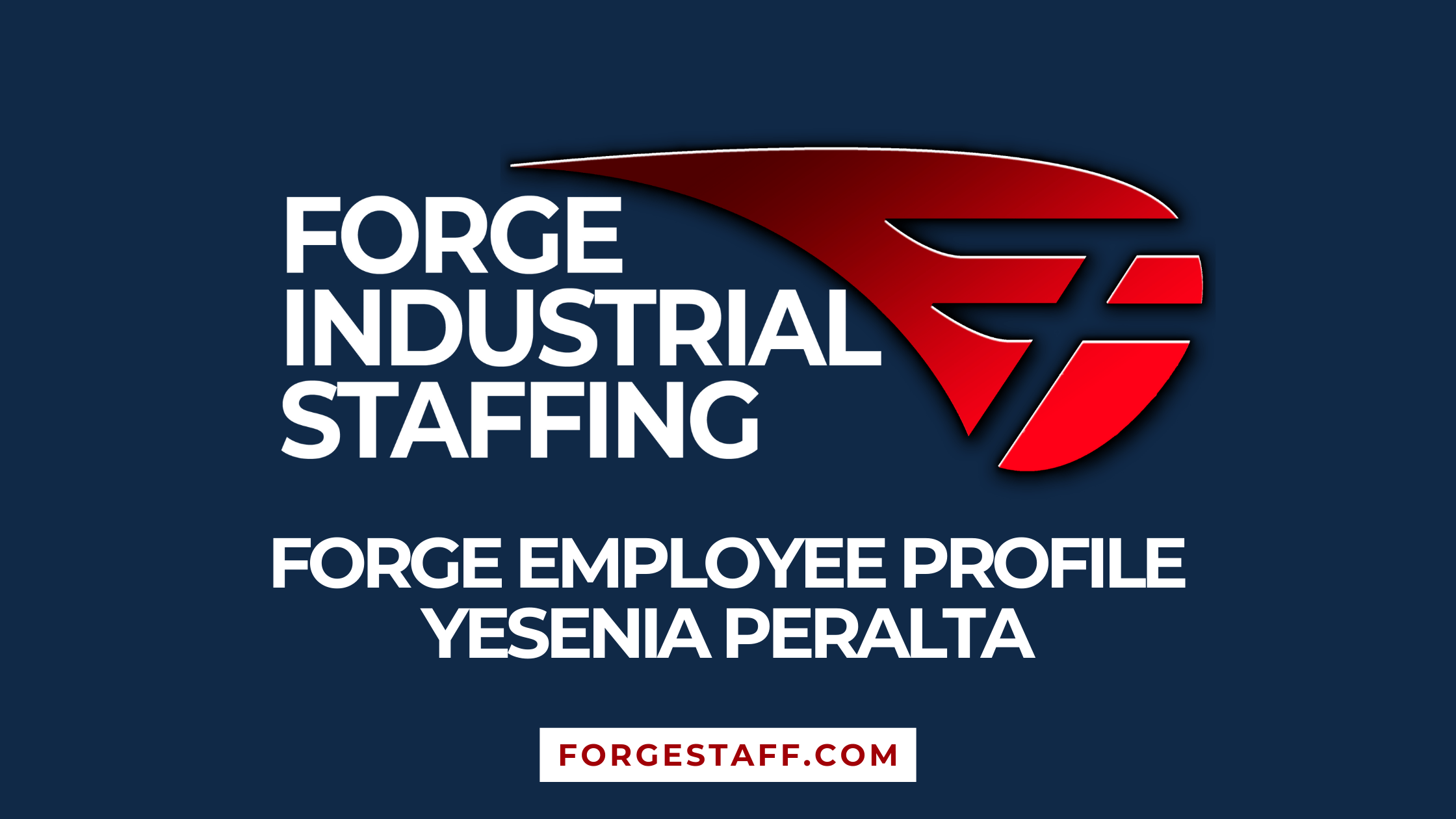Hello!
October is National Protect Your Hearing Month!
NOISE AND HEARING LOSS PREVENTION
In the United States, hearing loss is the third most common chronic physical condition after high blood pressure and arthritis. Not surprisingly, hearing loss is among the most common work-related illnesses. Workers are faced with occupational noise hazards every day.
Did you know that within every industry sector, there are workers at risk for work-related hearing loss?
Why is prevention important?
- Almost all work-related hearing loss is permanent, and it can have a profound impact on quality of life.
- As hearing loss worsens, hearing and understanding others becomes increasingly difficult, which can lead to isolation.

- Hearing loss is associated with cognitive (mental) decline and heart problems, such as high blood pressure and heart disease.
What can workers do to prevent work-related hearing loss?
- Hearing loss is also strongly associated with depression.
- Hearing loss can lead to loss of enjoyment when all the sounds we want to hear (e.g., music, the voice of a loved one) become muted and lack quality.
- Ringing in the ears (tinnitus), which often occurs along with hearing loss, can disrupt sleep and concentration and is associated with both depression and anxiety.
- Hearing loss can impact safety at home and on the job.
- Income is typically lower among workers with hearing loss than among workers with normal hearing.
Fortunately, with today’s hearing loss prevention strategies and technologies, work-related hearing loss can be nearly always prevented.
- Find out if the noise in your workspace is hazardous.
- If you must raise your voice to speak with someone at arm’s length, then the noise is likely at a hazardous level.
- You can also check the noise level using a sound level meter app on your phone, such as the NIOSH Sound Level Meter app.
- Ask your safety manager or direct supervisor to check the noise levels in your workplace, making sure they are below 85dBA.
- Reduce your noise exposure:
- Take a break from the noisy activity.
- Reduce noise at the source of the noise. Use quieter equipment and keep equipment well maintained and lubricated.
- Enclose the source of the noise or place a barrier between you and the source.
- Increase the distance between you and the source of the noise.
- Reduce your time in noisy areas.
- Always wear hearing protection in noisy areas, and if using foam plugs, insert them correctly.
- If you are listening to music or something else, keep the volume at a safe level and only listen in areas that are not noisy.
- Reduce or stop exposure to chemicals that may damage your hearing:
- Use a less-toxic or non-toxic chemical.
- Wear gloves, long sleeves, and eye protection.
- Wear a respirator or other protective equipment, as appropriate.
- Read and follow all chemical safety instructions.
*https://www.cdc.gov/niosh/topics/noise/preventhearingloss/default.html
The Forge Safety Team is here to help you! We always want to keep you and other employees of Forge safe while on the job. This means we often need your help in communicating anything you feel is unsafe.
You can email, call, or fill out the contact us form on our website (see below).
https://forgestaff.com/job-seekers/safety-first/
Stay safe and never hesitate to reach out with any questions you have!
– The Forge Safety Team






